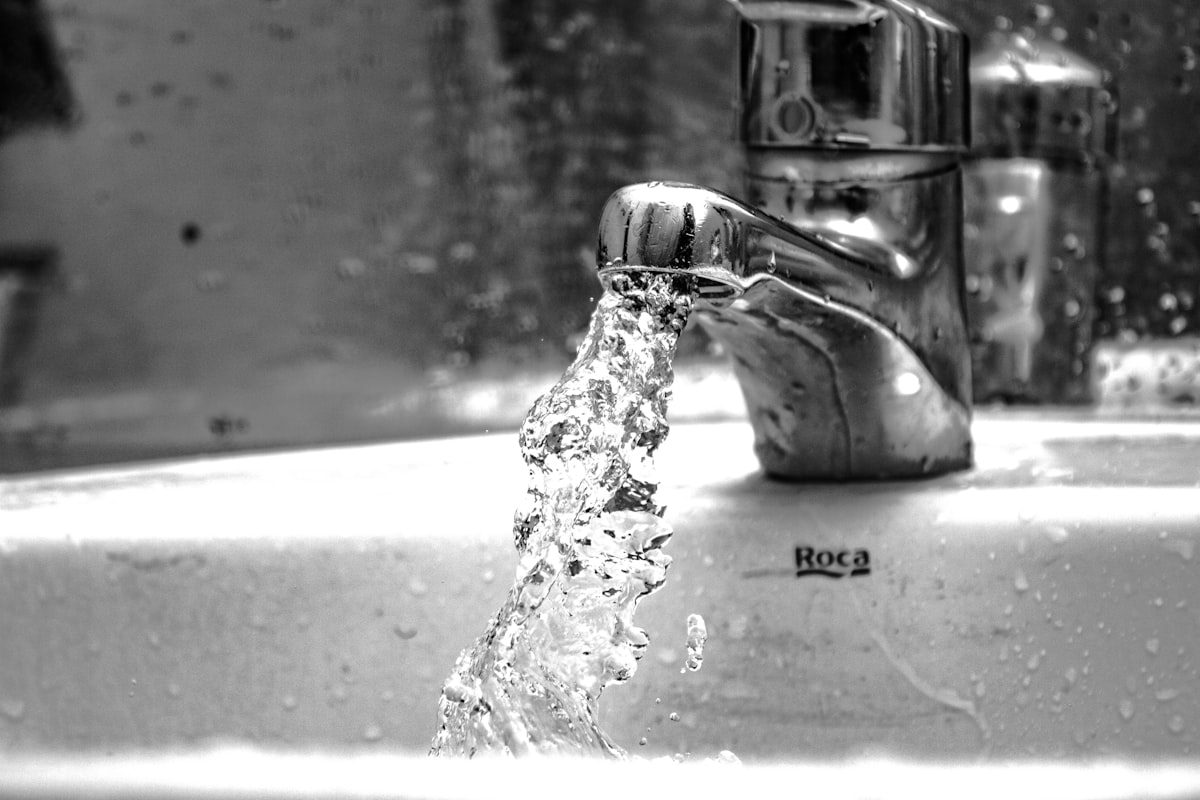Everyone knows that water is essential for a healthy lifestyle. But what about the quality of that water? A faucet filter can be a great option for those looking to improve the taste and healthiness of their drinking water, as it removes contaminants while preserving minerals. Let’s take a look at the pros and cons of using a faucet filter.
Pros
The biggest advantage of using a faucet filter is that it provides clean, safe drinking water without the need to buy bottled water or other more expensive alternatives. It also removes potentially harmful contaminants such as chlorine, lead, mercury, and other chemicals. Filtration systems are also typically easy to install and require little maintenance once set up. In addition, many models come with an indicator light that lets you know when it’s time to replace the filter—usually after two to three months of use.
Cons
One potential downside of using a faucet filter is that they do not remove all contaminants from your water supply. Some may remain in your drinking water even after filtration, so it’s important to research what type of system will best meet your needs. Another potential concern is that some filters can reduce the number of beneficial minerals in your drinking water such as magnesium and calcium—although this varies depending on the model you choose. Finally, these systems can be relatively expensive compared to other types of filters on the market today.
A faucet filter can be an effective way to improve the quality of tap water by removing potentially harmful contaminants while preserving beneficial minerals like magnesium and calcium. However, before investing in one it’s important to consider if it meets your specific needs and budget. Ultimately, making sure you have access to clean drinking water isn’t just important for your health; it’s essential for everyone in your home! If you're considering a faucet-filtered system for your home's drinking water supply, make sure you do your research first!

